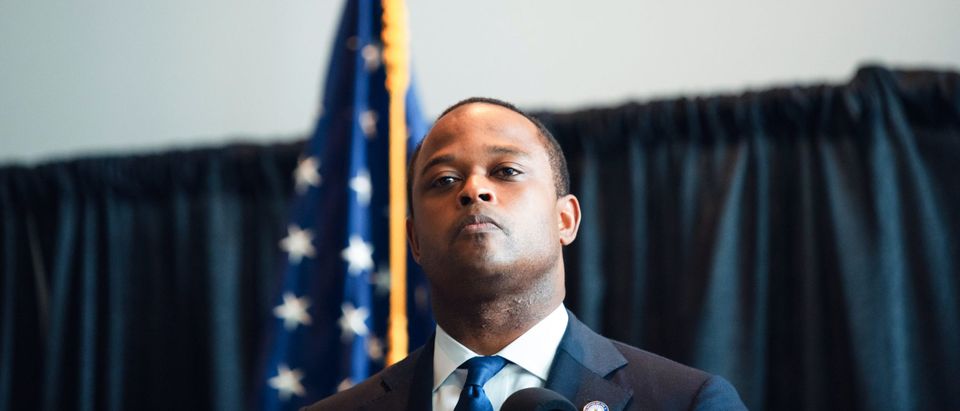A judge granted Kentucky Attorney General Daniel Cameron’s request Wednesday to delay the release of grand jury proceedings in the case of Breonna Taylor.
Cameron’s motion asked a Louisville court to delay the release of the near 20-hour audio recordings for a week so that witnesses and their personal information, which includes phone numbers and addresses, can be redacted, according to the Associated Press (AP).
The motion said the delay was crucial to protect “witnesses, and in particular private citizens named in the recordings,” per the AP.
Judge Ann Bailey Smith did not grant a week long extension, instead giving his office a new deadline of noon Friday to submit the recordings, according to the Courier Journal.
This comes after the grand jury decided not to charge any officers with Breonna Taylor’s death. The grand jury did decide to indict one of the three Louisville officers with three counts of wanton endangerment in the first degree. (RELATED: EXCLUSIVE: Civil Rights Attorney Breaks Down The Breonna Taylor Decision – What Comes Next?)
Cameron said Louisville police knocked and announced their presence which was corroborated by an “independent witness.” He also said the other two officers, Myles Cosgrove and Sgt. Jonathan Mattingly, were “justified in their use of force after having been fired upon.”
Kentucky Attorney General Daniel Cameron: “Our investigation found that Mattingly and Cosgrove were justified in their use of force after having been fired upon by Kenneth Walker,” #BreonnaTaylor‘s boyfriend. pic.twitter.com/4MmSIhkgkh
— Tony Morrison ????️???? • ABC News (@THETonyMorrison) September 23, 2020
Cameron said his office would not pursue charges against Mattingly and Cosgrove. In an interview with CNN affiliate WDRB, Cameron appeared to suggest that he did not seek murder charges against the officers.
“They’re an independent body,” Cameron said in the interview, according to CNN. “If they wanted to make an assessment about different charges, they could’ve done that. But our recommendation was that Mattingly and Cosgrove were justified in their acts and their conduct.”
The decision not to charge the officers drew widespread backlash and sparked protests.


